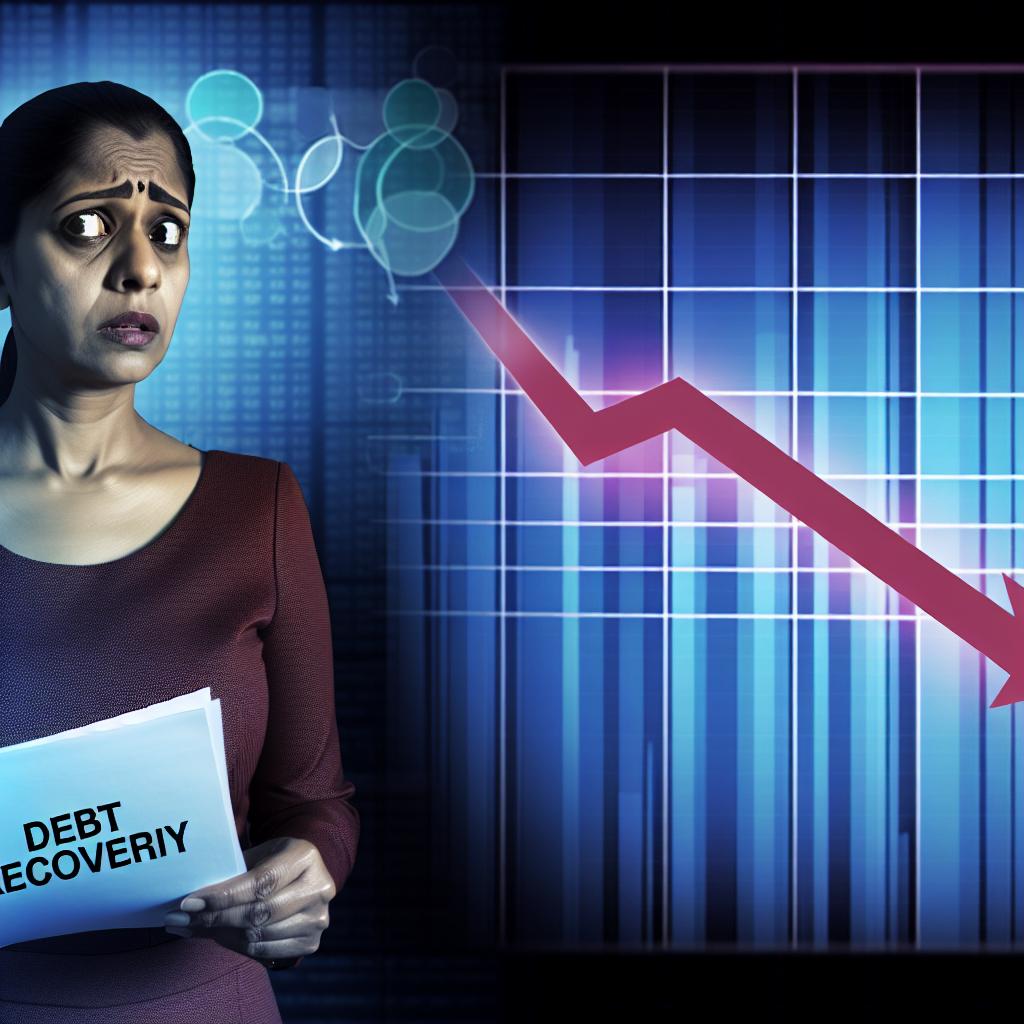
The impact of debt recovery on your credit score.
The Importance of Debt Recovery
Debt recovery is a critical process that can significantly impact your credit score. Understanding how this process works and its effect on your financial standing is essential for maintaining healthy credit. This article delves into the nuances of debt recovery, credit scores, and how they interconnect.
Understanding Credit Scores
A credit score is a numerical representation of your creditworthiness. It acts as a barometer for lenders to evaluate the risk associated with lending money to you. Scores typically range from 300 to 850; generally, a higher score is indicative of better creditworthiness, which translates to favorable terms for loans and credit cards.
Several factors contribute to your credit score. These include:
- Payment History: This forms a substantial part of your credit score, indicating how diligently you have paid your bills in the past.
- Credit Utilization: The percentage of your total available credit that is currently being used. Lower utilization is preferable.
- Length of Credit History: The longer your credit history, the better, as it gives lenders a comprehensive view of your financial behavior.
- New Credit: Opening several new credit accounts in a short period can lower your score as it may indicate increased risk.
- Credit Mix: Having a diversified mix of credit, such as credit cards, installment loans, and retail accounts, can boost your score.
How Debt Recovery Works
Debt recovery is the process of collecting unpaid debts from consumers, usually through action initiated by either the original lender or a third-party collection agency. The dynamics of this process can have various ramifications on your credit score:
Collection Accounts: When a debt is sent to collections, it is reported to credit bureaus. This event can cause a significant drop in your credit score as it reflects unpaid and delinquent debts.
Settling Debts: If you settle a debt for less than the full amount owed, this will also be recorded on your credit report. While it resolves the outstanding debt, it may still have a negative impact on your score because it does not reflect full repayment.
Payment History: Working towards clearing debt, whether by paying off collections or settling them, will positively affect your score over time. Over time, this recovery will be reflected as an updated payment history on your credit report, contributing positively.
Managing Debt Recovery
Managing the debt recovery process proactively can help to mitigate its impact on your credit score. Here are strategies to consider:
Communicate with Creditors: Maintaining steady and clear communication with your creditors can sometimes prevent debt from progressing to collections. Openness can sometimes lead to revised payment terms that can avert the impact on the credit score.
Negotiate Payment Plans: Crafting a repayment plan with your creditor can be an effective way to manage your debt without substantial negative effects on your credit score. This involves working out a systematic approach that is feasible and reduces financial strain.
Monitor Your Credit Report: Periodically checking your credit report keeps you informed about any debt recovery activities, and ensures accuracy of the reported information. If inaccuracies are identified, they can be corrected promptly. To access free annual credit reports from each of the three major credit bureaus, visit Annual Credit Report.
Long-term Effects of Debt Recovery
The ramifications of debt recovery on your credit score can persist over a significant period. Collection accounts, for instance, can stay on your credit report for up to seven years. This extended presence can affect your credit applications, interest rates, and credit limits.
However, time and responsible financial behavior can slowly erase these negative impacts. As the collection account ages, its impact lessens, especially when positive behavior outweighs it over time. The maturity of accounts in good standing, timely payments, and prudent financial management can all contribute to your credit score’s recovery and improvement.
Conclusion
Debt recovery inevitably affects your credit score, but understanding the intricacies of the process and managing your debt efficiently can significantly lessen the impact. Proactive steps, such as consistent communication, negotiating repayment plans, and diligently monitoring your credit report, are vital for overcoming the hurdles that debt recovery may pose.
Ultimately, cultivating good financial habits and prioritizing your financial responsibilities play a central role in enhancing your credit score over time. Through vigilance and strategic management, achieving and maintaining a healthy credit score is not only attainable but sustainable over time.
- Posted by
 admin
admin - Posted in Uncategorized
 Feb, 18, 2025
Feb, 18, 2025 Comments Off on The impact of debt recovery on your credit score.
Comments Off on The impact of debt recovery on your credit score.
